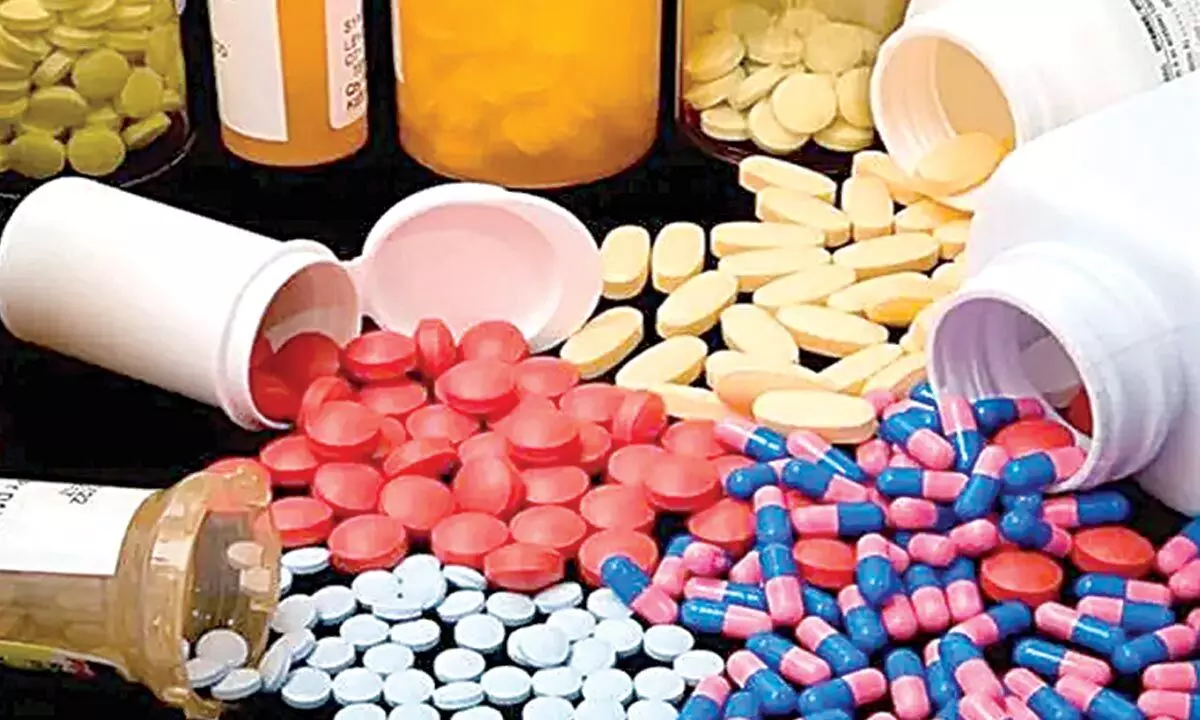Rationalising prices of new scheduled drugs is a timely move by NPPA
Inter-brand price variation for the same drugs from the same company has been a worrisome issue for quite some time
image for illustrative purpose

NPPA’s latest action comes in the backdrop of the fact that while fixing the prices, the authority had observed that when it comes to the formulations included in NLEM 2022 for the first time, changing the non-scheduled formulations to scheduled formulations, there was a large inter-brand variation in prices in some of the formulations of the same company
In what can be a good move to rationalize prices of new scheduled drugs from the same company with significant inter-brand price variation, the national drug price regulator, National Pharmaceutical Pricing Authority (NPPA), has decided to cap the prices of new scheduled drugs from the same company with significant inter-brand price variation at the price of the lowest brand or pack size plus 10 percent based on the existing reference under the Drugs (Prices Control) Order (DPCO), 2013.
NPPA provides a ceiling price for all drugs notified under Schedule-I and also monitors the annual increase for these and the non-scheduled drugs. It has so far given ceiling price to 882 scheduled formulations and retail price of around 1,640 new drugs. By invoking powers under Para 19 of DPCO, 2013, the NPPA has regulated prices of 106 anti-diabetic and cardio vascular drugs, stents and knee implants in public interest.
The NPPA had earlier released the National List of Essential Medicines (NLEM), 2022, with a total of 384 medicines of which 34 were newly added to the list while 26 from the previous list were deleted due to various reasons. It has also started revising the ceiling prices of the formulations which were retained in the NLEM, 2022 and for those which were added afresh in the new list, after revising the Schedule I of the DPCO, 2013, with the new list of essential medicines.
NPPA’s latest action comes in the backdrop of the fact thatwhile fixing the prices, the authority had observed that when it comes to the formulations included in NLEM 2022 for the first time, changing the non-scheduled formulations to scheduled formulations, there was a large inter-brand variation in prices in some of the formulations of the same company. It deliberated on the issue in its recent meeting and decided to address the price variation while fixing the prices of these formulations according to the revised Schedule I of the DPCO, 2013. It has decided that the Price to Retailer (PTR) of various brands or pack sizes of a formulation of one company may be capped at price of the lowest brand or pack size plus 10 percent based on an existing reference under DPCO, 2013.
NPPA also decided that the price of such formulations may be fixed under Para 19 of the DPCO, 2013 in public interest. According to Para 19 of the price control order, notwithstanding anything contained in the order, the government may, in case of extraordinary circumstances, in public interest, fix the ceiling price or retail price of any drug for such period, as it may deem fit and where the ceiling price or retail price of the drug is already fixed and notified, the government may allow an increase or decrease in the ceiling price or the retail price, irrespective of annual wholesale price index (WPI) for that year.
Inter-brand price variation for the same drugs from the same company has been an issue which has been unresolved for quite some time. It is good that NPPA has now started addressing the issue of inter-brand price variation in new scheduled drugs. In its latest lot of draft ceiling price calculation sheets released, it has calculated the price of certain brands of scheduled formulations, based on its decision to address the issue of inter-brand price variation. For instance, two different brands of the same formulation by a company have two different prices, at Rs 7.86 per unit for one brand and Rs 11.07 per unit for another one. The NPPA, while considering these brands for ceiling price fixation of the new drug, Itraconazole 100 mg, considered the price of the formulation with Rs 11.07 per unit as Rs 8.65 per unit. Similarly, for two brands from the same company for the formulation Teneligliptin 20 mg, the prices varied from Rs 7.75 per unit and Rs 9.81 per unit. The NPPA has calculated and considered the price of the brand with Rs 9.81 per unit price at Rs 8.53 per unit, for the purpose of ceiling price fixation. It will be good news for the consumers.
(The author is freelance journalist with varied experience in different fields)

